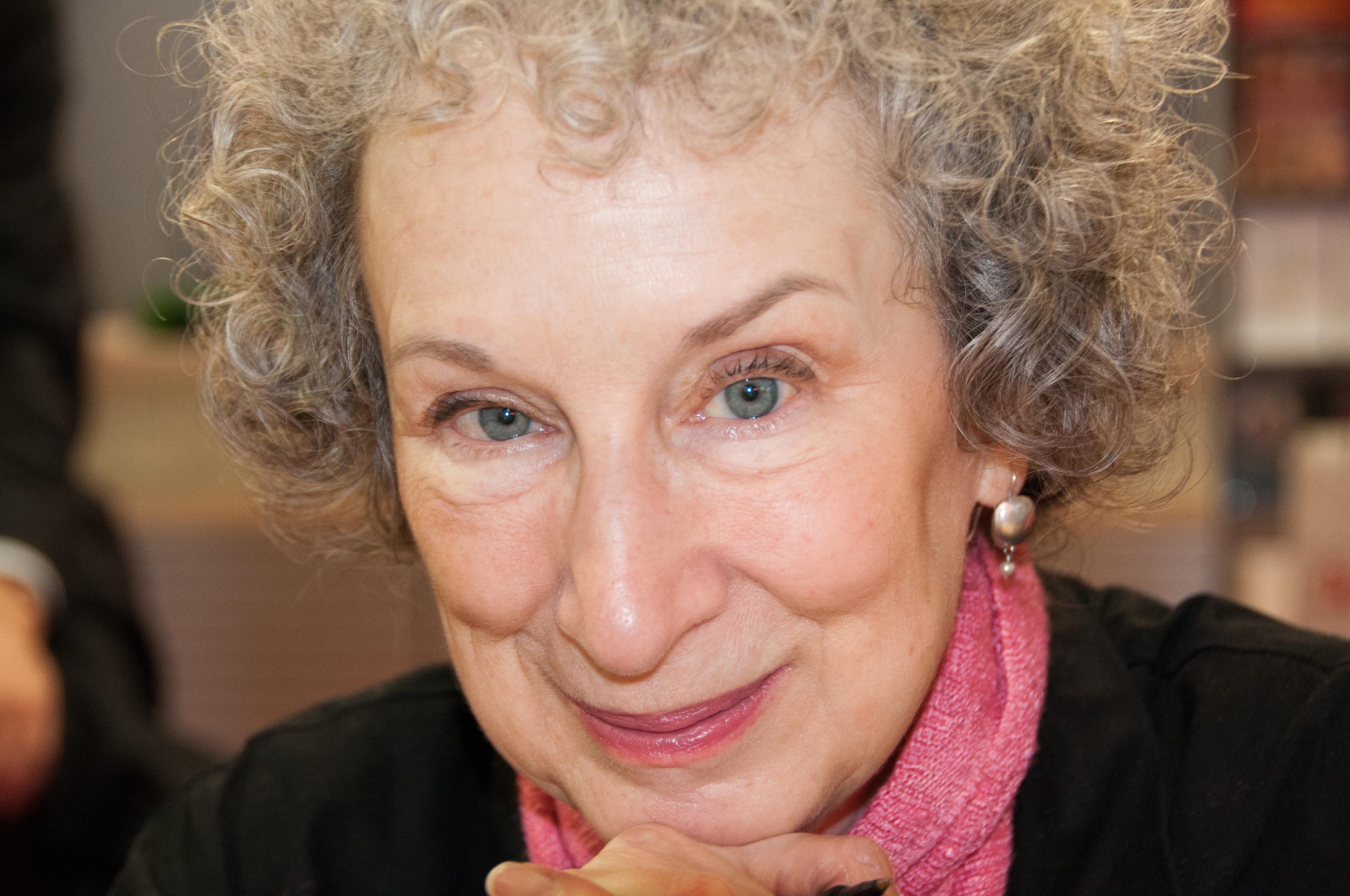Jailed Tunisian dissident, writer and lawyer Mohamed Abbou was released from prison in Le Kef, where he had been held since his arrest in March 2005. He was sentenced to prison for three-and-a-half years for exposing torture in Tunisian prisons on the Internet. His release and that of more than 20 other political prisoners came on the eve of the 50th anniversary of the Proclamation of the Republic of Tunisia, marked on 25 July.
It led to speculation that the release of the country’s highest profile domestic critic was timed simply to prevent the case from spoiling the international response to the independence celebrations.
Index on Censorship and other members of the International Freedom of Expression eXchange (IFEX) Tunisian Monitoring Group (TMG) have long campaigned for his release – including trying to visit him in prison in March.
Index chief executive Henderson Mullin urged the Tunisian authorities to cease the kind of aggressive and intimidating surveillance that Abbou’s wife Samia has endured since he was jailed in 2005.
‘Policemen have been climbing over the Abbou family balconies in the middle of the night, repeatedly, purely to terrorise them,’ said Mullin. ‘Police officers often harassed Mrs Abbou and the friends who accompany her for weekly visits with her husband at Kef prison, and they only let up when representatives of Index and other TMG members were watching in person.
‘It would be a disgrace if this kind of aggressive harassment is allowed to continue now Mr Abbou is free. He must be allowed to express his opinions freely.’
TMG Chair Carl Morten Iversen of Norwegian PEN assured Abbou that the TMG and other human rights groups will keep a close eye on the way Tunisian authorities will treat him and his family in the future. Tunisia’s repression of free expression is seen by many as the sole stain on the country’s otherwise tolerant and peaceful system. Increasingly its poor free speech record has become an issue that obstructs Tunisia’s routine relations with the EU and France.
Significantly, new French president Nicolas Sarkozy had raised Abbou’s case in meetings with Tunisian head of state Zine el-Abidine Ben Ali the week before.
Abbou told al Jazeera TV on the day of his release: ‘As a former prisoner of conscience, I would like to thank all those in Tunisia and the rest of the world who stood by my side during the ordeal I have been through. My release is the result of actions of resistance to oppression undertaken by Tunisians capable of saying no to a regime in violation of basic human rights. The Tunisian Constitution and international human rights law guarantee the right to criticise the government, as long as there are human rights abuses and corruption.’
But he added: ‘The lack of freedom led some young people to use violence which I strongly denounce.’
Abbou was jailed for three-and-a-half-years for posting an article on the Tunisnews website in August 2004 comparing the torture of political prisoners in Tunisia to that perpetrated by US soldiers at Abu Ghraib prison in Iraq. But observers at his trial suspected the sentence was imposed in response to a different article he had posted online a few days before his arrest, in which he criticised an invitation to Israeli leader Ariel Sharon to attend a UN summit in Tunis.
The IFEX-TMG continues to call on the Tunisian authorities to allow writers, journalists, web loggers and publishers to express themselves freely without fear of persecution or imprisonment in accordance with Article 19 of the Universal Declaration of Human Rights and the UN International Covenant on Civil and Political Rights (ICCPR), to which Tunisia is a signatory.
* The members of the IFEX-TMG are: Arabic Human Rights Information Network (HRinfo), Egypt; Article 19, UK; Canadian Journalists for Free Expression (CJFE), Canada; Egyptian Organization for Human Rights (EOHR), Egypt; Index on Censorship, UK; International Federation of Journalists (IFJ), Belgium; International Federation of Library Associations and Institutions (IFLA), The Netherlands; International Press Institute (IPI), Austria; International Publishers’ Association (IPA), Switzerland; Journaliste en danger (JED), Democratic Republic of Congo; Media Institute of Southern Africa (MISA), Namibia; Norwegian PEN, Norway; World Association of Community Radio Broadcasters (AMARC), Canada; World Association of Newspapers (WAN), France; World Press Freedom Committee (WPFC), USA; Writers in Prison Committee of International PEN (WiPC), UK.





